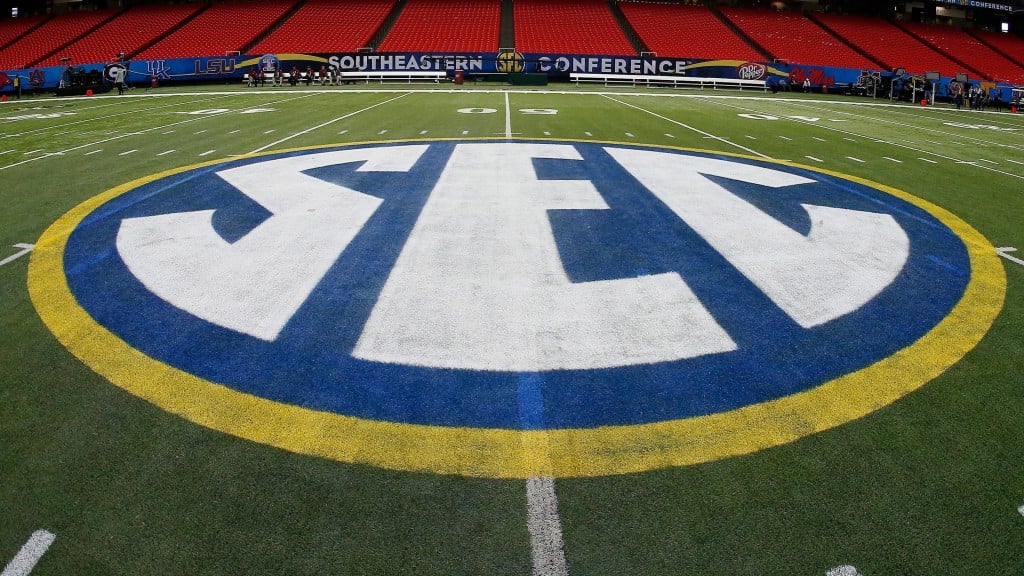In the course of U.S. History, there have been 20 assassination plots against the President of the United States and four assassinations — Abraham Lincoln (April 14, 1865), James Garfield (shot July 2, 1881, died Sept. 19, 1881), William McKinley (shot Sept. 6, 1901, died Sept. 14 , 1901) and John F. Kennedy (Nov. 22, 1963).
While the deaths of McKinley and Garfield were greatly mourned (250,000 mourners turned out in Garfield’s hometown of Cleveland, Ohio, to view his body at a time when the population of Cleveland was just 150,000), it is the assassinations of Lincoln and Kennedy whose deaths are most vivid in our collective memory.
For both Lincoln and Kennedy, the grief that accompanied their deaths was made larger by sense that both men had yet to fulfill their destiny. The haunting question of what might have been lingers on years later.
It would be a futile exercise to attempt to determine which assassination most deeply wounded the public psyche, of course, but in some respects the assassination of John F. Kennedy, which came 50 years ago today, is the most personal.
Kennedy’s death was public in a way that those of the other slain presidents could not have been. It was, most likely, the first great television event in history. TV images from Dallas and, later, Washington created an intimate connection with the tragedy that was not possible before.
We didn’t just learn of Kennedy’s death and the immediate aftermath, which included a live broadcast of the shooting of Kennedy’s assassin on Saturday and the somber funeral process to Arlington National Cemetery on Monday, we saw it. In a sense, we were a part of it.
For 60-plus-million Baby Boomers living today, Kennedy was “one of us.” At 43, he became the nation’s youngest president in 1960 and was the first president born in the 20th century.
Young people could relate to him in a way that was not possible with his predecessors. We may have “liked Ike,” but Kennedy portrayed a youthful optimism that seemed perfectly suited for the era.
His policies resonated with young Americans, who through what would become the most turbulent decade in U.S. history, pursued an American dream that was distinctly their own, a dream often at odds with those of their parents’ generation.
From Civil Rights to space exploration to the Peace Corps, Kennedy’s vision looked forward with bold optimism to a future of new frontiers, a vision that would be crafted, refined and executed by young Americans. Indeed, as he noted in his Inaugural Address, his ascension to the president’s office was a sign that “… the torch has been passed to a new generation of Americans born in this century, tempered by war, disciplined by a hard and bitter peace, proud of our ancient heritage and unwilling to witness or permit the slow undoing of those human rights to which this nation has always been committed, and to which we are committed today at home and around the world.”
On that fateful day in Dallas 50 years ago, the nation lost not only a president, it lost a president whose greatest days seemed to lie just beyond the horizon, a dawn that would never come.
In those TV images, we saw the facts of the tragedy. We will never know how the course of history has been altered by that tragedy.
We are left only to wonder.
So, yes, we took it personally.
The Dispatch Editorial Board is made up of publisher Peter Imes, columnist Slim Smith, managing editor Zack Plair and senior newsroom staff.
You can help your community
Quality, in-depth journalism is essential to a healthy community. The Dispatch brings you the most complete reporting and insightful commentary in the Golden Triangle, but we need your help to continue our efforts. In the past week, our reporters have posted 49 articles to cdispatch.com. Please consider subscribing to our website for only $2.30 per week to help support local journalism and our community.



